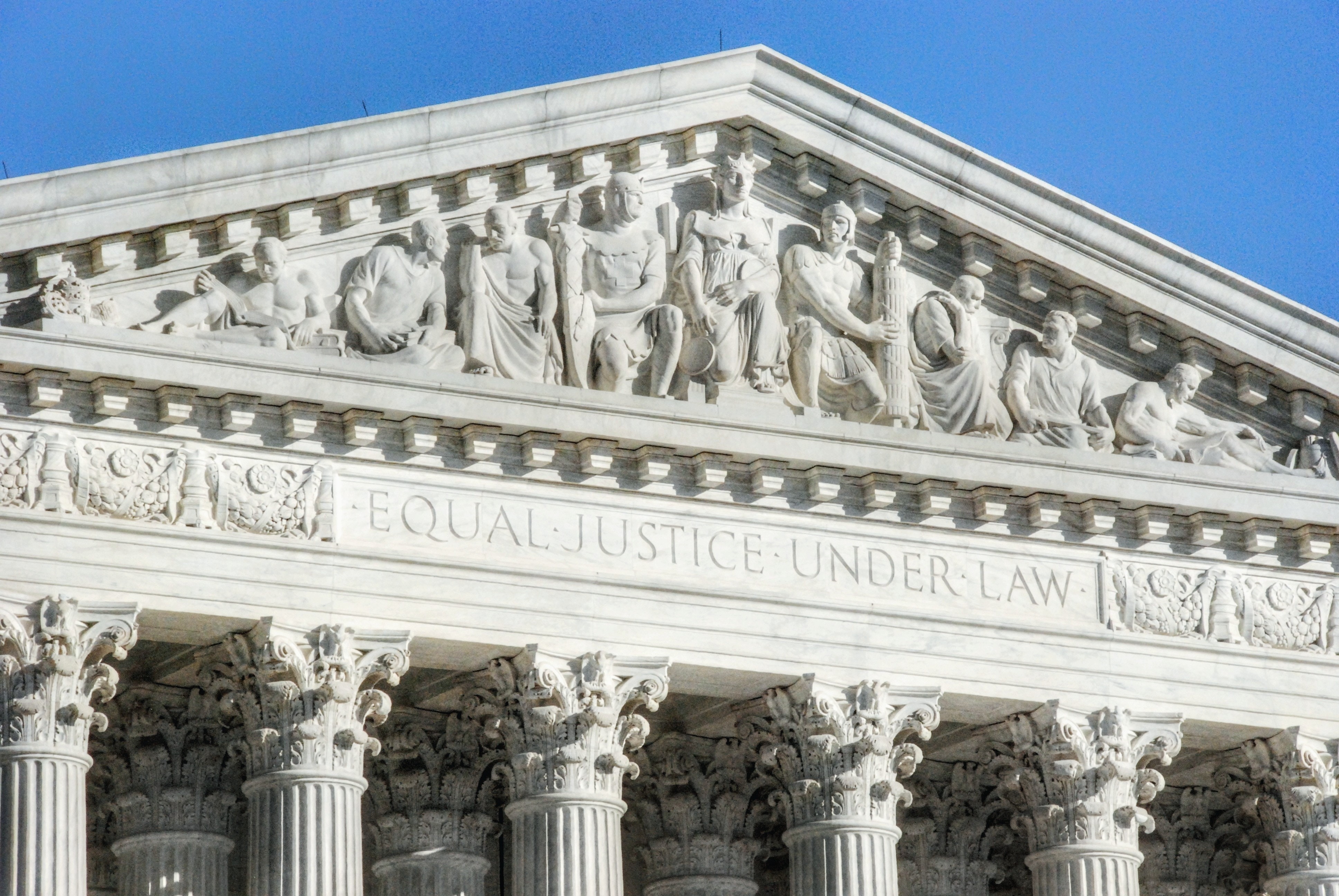On April 30, 2018, the Supreme Court granted certiorari in Frank v. Gaos, No. 17-961 to determine whether a cy pres award of class action proceeds that provides no direct relief to class members supports class certification and comports with the requirement that settlements binding class members must be “fair, reasonable, and adequate.”
Cy pres is French for “as near close as possible.” The purpose of the doctrine in class action litigation is to allow unclaimed funds to be distributed to organizations that advance the interests of the litigation, instead of returning remaining funds to the defendant. The parties and counsel generally pick the organization, subject to court approval. However, the application of the doctrine has recently been scrutinized given that, in certain cases, the funds have been diverted from the class to third-parties who have ties to the litigants or counsel. A prime example is Frank v. Gaos.
In Gaos, the Ninth Circuit upheld a cy pres-only settlement in a privacy suit against Google for violations of state and federal privacy laws. Under the terms of the $8.5 million settlement, the three named plaintiffs each received $15,000. The class of approximately 129 million individuals received nothing. Instead, $5.3 million dollars were awarded to privacy-related consumer organizations and research institutions. The remainder of the settlement proceeds went to pay for class counsel and Google’s attorneys’ fees. Various members of the class objected to the settlement on the grounds that the interest of third parties were being advanced over those of the class.
Petitioners requested the U.S. Supreme Court determine whether the cy pres-only award was “fair, reasonable, and adequate” under Rule 23(e)(2) of the Federal Rules of Civil Procedure. In their petition for certiorari, petitioners argued that the cy pres distribution was improper. The petitioners noted that class counsel’s almae matres received substantial awards under the agreement while the class members themselves received nothing. Petitioners further argued that counsels’ almae matres had no relationship or interest in advancing the purpose of the litigation – protecting consumer privacy.
The Supreme Court’s grant of certiorari is significant because this will be the first time the Court evaluates the equity and appropriateness of cy pres awards in class action litigation. In 2013, Justice Roberts previously noted his skepticism of cy press awards because they raise “fundamental concerns” of fairness and he even suggested that the Court may need to clarify the limits on the use of such remedies should a suitable case present itself. Marek v. Lane, 134 S. Ct. 8, 9 (2013) (Roberts, C.J., respecting denial of certiorari).
The settlement in Goas appears to raise the concerns that Justice Roberts referred to in Marek. Cy pres awards play a significant role in helping resolve class action disputes given, for example, the cost of administering and redistributing unclaimed proceeds to the class members. Thus, it is unlikely Supreme Court will strike down all cy pres awards. However, it is expected that the Court will instruct trial courts to further scrutinize cy pres distributions and do more than simply rubber stamp proposed settlement agreements. Oral argument in this case was held on October 31, 2018. A decision is expected from the Court in the coming year.

